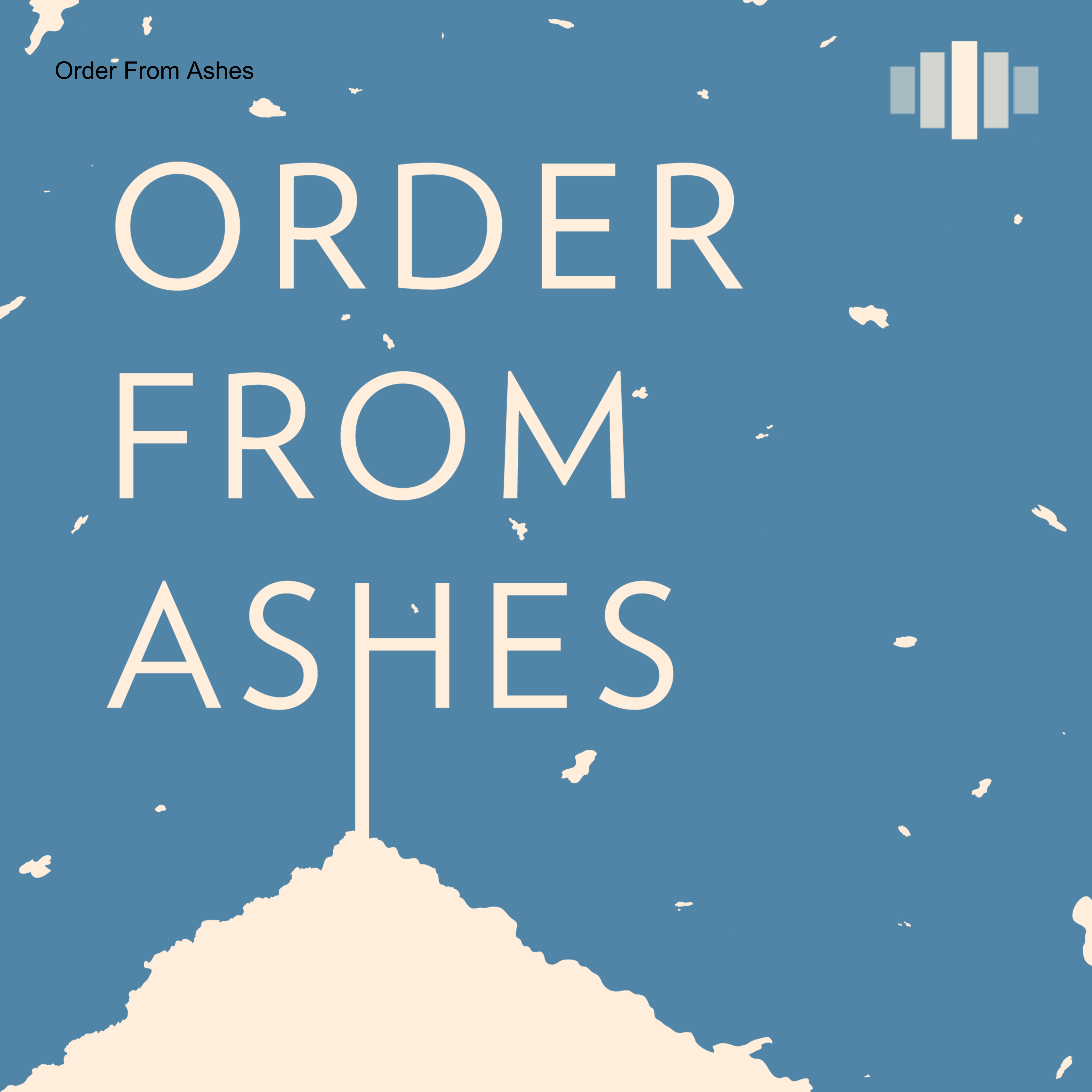- Other
- SEE MORE
- classical
- general
- talk
- News
- Family
- Bürgerfunk
- pop
- Islam
- soul
- jazz
- Comedy
- humor
- wissenschaft
- opera
- baroque
- gesellschaft
- theater
- Local
- alternative
- electro
- rock
- rap
- lifestyle
- Music
- como
- RNE
- ballads
- greek
- Buddhism
- deportes
- christian
- Technology
- piano
- djs
- Dance
- dutch
- flamenco
- social
- hope
- christian rock
- academia
- afrique
- Business
- musique
- ελληνική-μουσική
- religion
- World radio
- Zarzuela
- travel
- World
- NFL
- media
- Art
- public
- Sports
- Gospel
- st.
- baptist
- Leisure
- Kids & Family
- musical
- club
- Culture
- Health & Fitness
- True Crime
- Fiction
- children
- Society & Culture
- TV & Film
- gold
- kunst
- música
- gay
- Natural
- a
- francais
- bach
- economics
- kultur
- evangelical
- tech
- Opinion
- Government
- gaming
- College
- technik
- History
- Jesus
- Health
- movies
- radio
- services
- Church
- podcast
- Education
- international
- Transportation
- kids
- podcasts
- philadelphia
- Noticias
- love
- sport
- Salud
- film
- and
- 4chan
- Disco
- Stories
- fashion
- Arts
- interviews
- hardstyle
- entertainment
- humour
- medieval
- literature
- alma
- Cultura
- video
- TV
- Science
- en
Broken Bonds: Existential Crises

The Muslim Brotherhood tries to project an image of grassroots power and disciplined leadership. A trio of researchers takes a different view, describing a once-formidable organization that is under strain and out of touch.\nThe Brotherhood, they argue, is experiencing multiple crises\u2014of identity, legitimacy, and membership\u2014which accelerated after Egypt\u2019s military coup in July 2013.\xa0\nBased on unprecedented access to Brotherhood leaders, rank-and-file members, and internal dissenters, the three researchers\u2014Abdelrahman Ayyash, Amr ElAfifi, and Noha Khaled\u2014take a new granular view of the organization.\xa0\nThe Brotherhood and its detractors alike have misunderstood it as a mass ideological organization, missing its evolution into an elite membership organization disconnected from its constituents.\xa0\nThis is the second episode of Broken Bonds, a five-part special season of the Order From Ashes podcast. The first episode charted Ayyash\u2019s personal coming of age in a Brotherhood milieu. Remaining episodes of Broken Bonds go deeper into each of the three crises facing the Brotherhood and the implications for policy.\nBroken Bonds explores the evolution of Egypt\u2019s Muslim Brotherhood from the apex of its power, when it won Egypt\u2019s presidency in 2012, to the organization\u2019s disarray and marginalization today.\nThe podcast season is a companion to a new book, Broken Bonds: The Existential Crisis of Egypt\u2019s Muslim Brotherhood, 2013\u201322, published in February 2023 by TCF Press. Broken Bonds is part of \u201cFaith and Fracture,\u201d a TCF project supported by the Henry Luce Foundation.\nParticipants:\nAbdelrahman Ayyash, fellow, Century International\xa0\nAmr ElAfifi, PhD candidate at Syracuse University; research manager, Freedom Initiative\nNoha Khaled, writer and researcher\nThanassis Cambanis, director, Century International